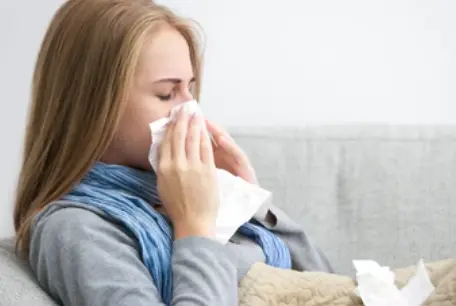 Welcome
Welcome
“May all be happy, may all be healed, may all be at peace and may no one ever suffer."
- A
- B
- C
- D
- E
- F
- G
- H
- I
- J
- K
- L
- M
- N
- O
- P
- Q
- R
- S
- T
- U
- V
- W
- X
- Y
- Z
Diverticulitis - Generics
Diverticulitis is a condition in which small pouches called diverticula that develop in the lining of the colon become inflamed or infected. Diverticula are common, especially in older adults, and are typically asymptomatic. However, when diverticula become inflamed, it can cause a range of symptoms.
Symptoms of diverticulitis may include abdominal pain, fever, nausea, vomiting, constipation or diarrhea, and changes in bowel habits. The pain is usually felt in the lower left side of the abdomen, but it can occur anywhere in the abdomen.
The exact cause of diverticulitis is not known, but it is believed to be related to the formation of the diverticula and increased pressure in the colon. Risk factors for diverticulitis include a diet low in fiber, obesity, smoking, and lack of exercise.
Treatment for diverticulitis depends on the severity of the condition. Mild cases may be treated with antibiotics and a liquid diet, while more severe cases may require hospitalization and intravenous antibiotics. Surgery may be necessary in rare cases, such as when there are complications such as perforation or abscess formation.
Prevention of diverticulitis involves maintaining a healthy diet high in fiber and fluids, avoiding processed foods and red meat, and exercising regularly. If you are experiencing symptoms of diverticulitis, it is important to see your healthcare provider for an accurate diagnosis and appropriate treatment.

Inflammation

Hypertriglyceridemia

Gonococcal urethritis

Glioblastoma multiforme

Xerosis

Flu

Prevention of gout and ki...

Non-tubercular mycobacter...
Diverticulitis, ডাইভার্টিকুলাইটিস
To be happy, beautiful, healthy, wealthy, hale and long-lived stay with DM3S.